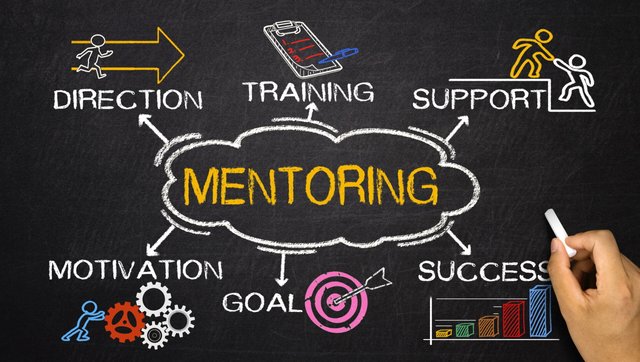When looking for a mentor, you must make sure you are communicating with the right person. Whether it is someone local or online, you should outline your goals and create a communication plan. You should also establish an agenda for your meetings with the mentor so that he or she can prepare for them. This will help you and the mentor get on the same page.

Characteristics of a good mentor
A good mentor should be interested in helping people improve themselves, provide guidance, and give feedback. They should not be manipulative or begrudging, and should provide sound, objective advice. After all, your mentor is the one who will have a high degree of trust over you, so it is important to make sure that they will act in your best interests.
A good mentor is available to meet regularly with his or her mentee. This is important because the two of you should be able to schedule time that works for both of you. A good mentor should understand that each person has different schedules, and he or she should be flexible enough to work around yours.
Getting feedback from mentees
When seeking mentors, getting feedback from mentees can be useful. However, it is important to listen carefully and consider concrete facts, rather than general statements. You should choose only a few important topics to discuss and make sure you meet in private to allow both parties to be fully present. It also helps to use first-person language, which keeps conversations focused on feelings rather than petty details.
Getting feedback from mentees can help mentors improve their methods of communication. While email, phone, or online communication is common, personal meetings and meals with mentees can make mentors feel more appreciated.
Screening potential mentors
Screening potential mentors is an important part of a successful mentoring program. To avoid the risk of mismatching mentors and mentees, programs should screen them to ensure the safety of both parties. This includes a background check and home visits. While the screening process may take some time, it can save both program staff time and resources.
It is essential to know what kind of authority the mentor holds. It is also important to know whether they have specific knowledge or experience in a particular area. Ideally, your mentor will be able to provide you with a different perspective, and will allow you to develop faster. Also, consider whether they have a network or professional experience that can help you develop your career.
Developing a mentoring relationship
When seeking a mentor, it is important to be clear about your goals, your timeline and what you expect from a mentoring relationship. It is also helpful to prepare an elevator pitch and feel out whether the two of you will mesh well before asking for a formal relationship. Once you find a mentor who you'd like to work with, you can then begin to develop your relationship.
The most effective mentoring relationships involve two-way communication and mutual respect. The Mentee should be able to trust the mentor and feel safe sharing information with him or her.